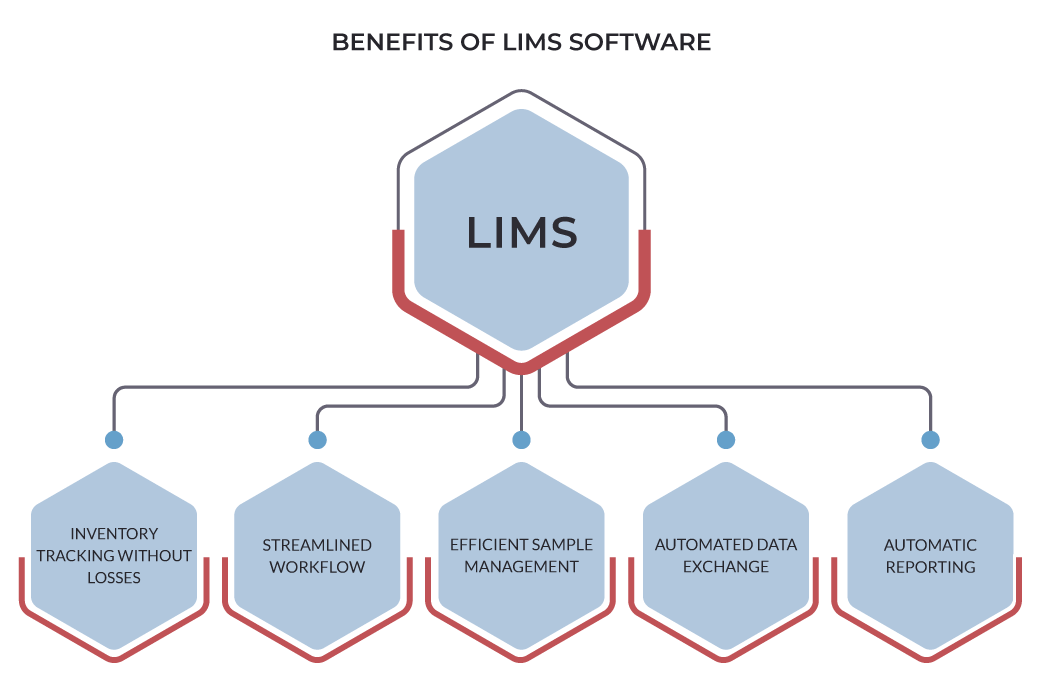
Counselling and Negotiation
Negotiation is a dialogue between two or more people or
parties intended to reach a beneficial outcome over one or more issues where a
conflict exists with respect to at least one of these issues. Negotiation is an
interaction and process between entities who compromise to agree on matters of
mutual interest, while optimizing their individual utilities. This beneficial outcome can be for all of the
parties involved, or just for one or some of them. Negotiators need to
understand the negotiation process and other negotiators to increase their
chances to close deals, avoid conflicts, establishing relationship with other parties
and gain profit.
It is aimed to resolve points of difference, to gain
advantage for an individual or collective, or to craft outcomes to satisfy
various interests. It is often conducted by putting forward a position and
making concessions to achieve an agreement. The degree to which the negotiating
parties trust each other to implement the negotiated solution is a major factor
in determining whether negotiations are successful.
Counselling is a type of advice-giving and support provided
by career counselors to their clients, to help the clients manage their journey
through life, learning and work changes (career). This includes career
exploration, making career choices, managing career changes, lifelong career
development and dealing with other career-related issues. There is no agreed
definition of career counseling worldwide, mainly due to conceptual, cultural
and linguistic differences. However, the terminology of 'career counseling'
typically denotes a professional intervention which is conducted either
one-on-one or in a small group. Career counseling is related to other types of
counseling (e.g. marriage or clinical counseling). What unites all types of
professional counseling is the role of practitioners, who combine giving advice
on their topic of expertise with counseling techniques that support clients in
making complex decisions and facing difficult situations.
- Development of Counselling
- Counselling Features
- Counselling: Objectives and Functions
- Counselling Approaches
- Standardized and Non-standardized Techniques of Counselling
- Counselling Services
- Vocational Guidance and Occupational Information
- Career Planning and Development
- Mentoring
- Training and Development
- Counselling and Related Fields
- Special Areas in Counselling
- Evaluation of Counselling
- Guidance as a Profession - Ethics in Counselling
- Negotiation Skills
- Collective Bargaining
- Conflict management
- Conflict Resolution
- Dealing with Manipulation
- Negotiation
- Assertiveness and Persuasion
- Ethics in negotiation
- Effective Questioning and Listening
- Work place pressures and stress
- Stress management
- Counselling it scope and application in workplace and organisations
- Emotions
- Self-Esteem and Assertiveness
- Positive thinking and dangers of Stereotyping
- Negotiation strategies
Recent Published
Submit Manuscript
To give your manuscript the best chance of publication, follow these policies and formatting guidelines.


